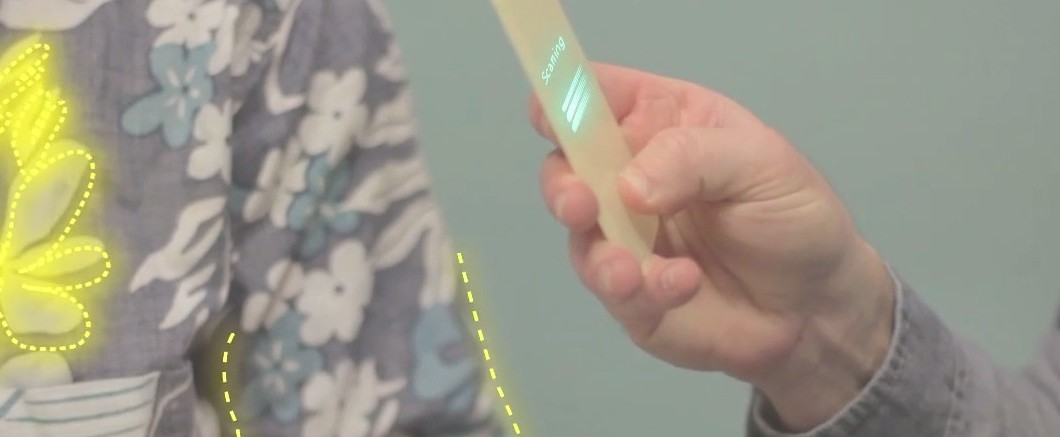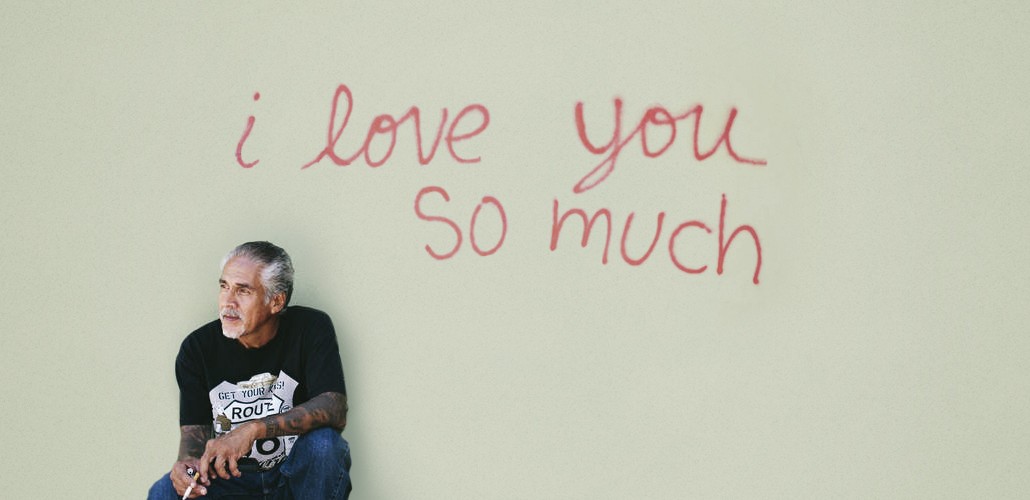The 2014 edition of SXSW will certainly not be remembered for consensus! Nonetheless, three big ideas stayed with me. First, is the emergence of what I’ll call “biohacking” or how technology has become a part of our physical self, monitoring our vital signs and biology, as well as everything else around us. In fact, according to Made in the future, a joint initiative between MIT Media Lab and IDEO, we can now aspire to having everything in our environment connected (or hacked).
Second, I have to mention BuzzFeed and Upworthy, which made serious waves at SXSW. These new content and distribution models were at the centre of many discussions, with everyone wanting to know the secret recipe to their success. It’s no secret that these huge generators of online content are ambitiously eyeing the throne, eager to trounce Facebook and become the new home page of every browser across the land. Similarly, traditional media, which is currently under threat by the likes of Spotify, Netflix and Aereo (to name but a few), also capitalized on the moment to show the world how well they’re adapting to the mobile/social media era. All the major American networks were on hand, including CBS, Time Warner and HBO, making their presence known with conferences, booths and interesting activations. The big names are finally learning how to play the online game! If SXSW 2014 is anything to go by, television is not dead. Who knows… we might be able to watch a season of Game of Thrones through an Oculus Rift in the very near future.
But the elephant in the room was definitely online security and privacy.
When Facebook arrived, we worried about the confidentiality of personal information, but with the launch of Google Glass and other wearables that perpetually read our environment, this topic is hotter than ever. Compounded by the declarations of Julian Assange and Edward Snowden, we have finally learned that nothing is ever truly private. Right now, there’s an epic battle raging between those who are pushing for greater anonymity (new social media sites like Secret and Whisper) and others (entrepreneurs, as well as governments) who want to benefit from available data.
At the end of the festival, George Takei created a sensation by questioning the courage of Edward Snowden and comparing him (not favourably) to Martin Luther King, for whom going to jail was necessary to sharing a message that was, at the time, very controversial. He tossed out the question, “What’s next, Ed?”, reminding us all that sounding the alarm is only the first step for true revolution.
In coming years, our society will have to face massive changes, which quickly evolving technologies will only accelerate the appearance of. As communicators, it is our responsibility, to question what we do every day and weigh the pros and cons of each tool, tactic, platform and campaign that we use. I think we can safely refer to the coming years as the “after-Snowden” era.
For now, I’ll align myself with Hikaru Sulu and pursue values of transparency, collaboration and courage when the time comes to make my own decisions.
But for now, it’s time for the music portion of the show.
Thanks to Issam Heddad and John Pankert for their contributions to this article.
Image credit: Made in the future video, IDEO


